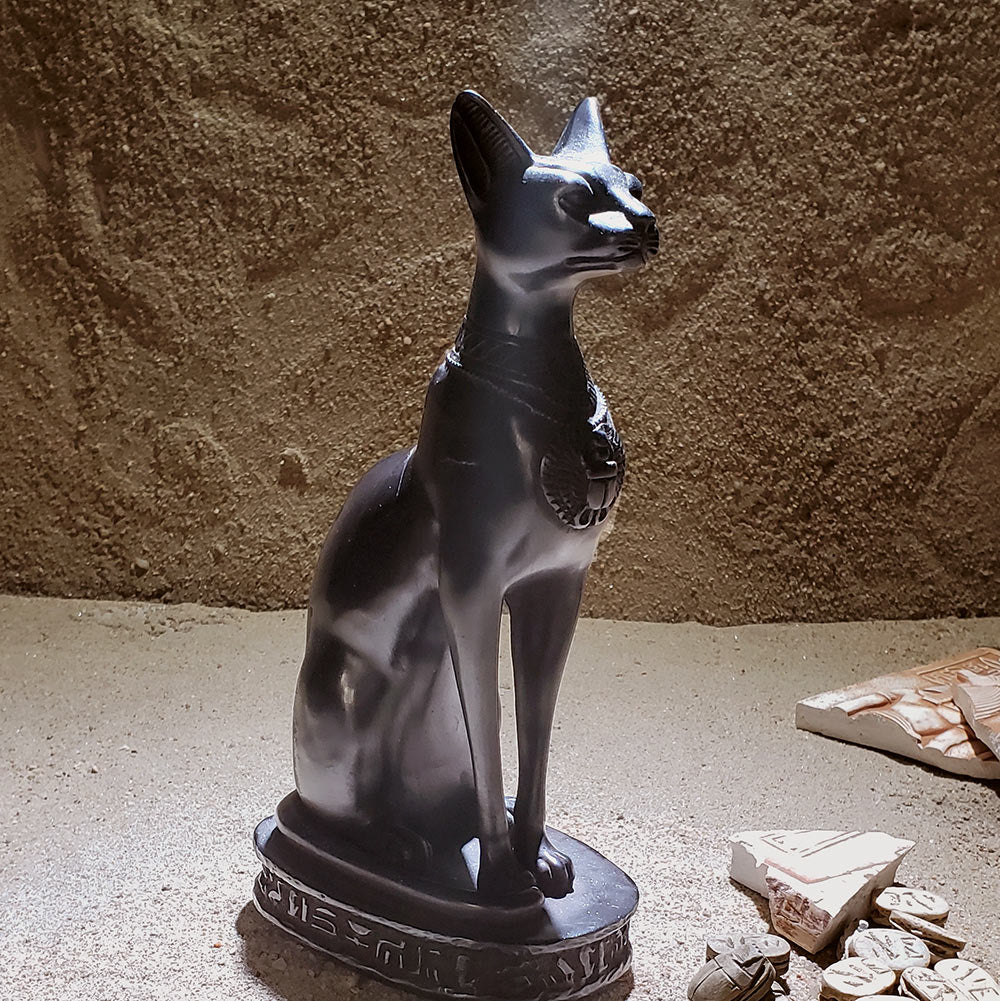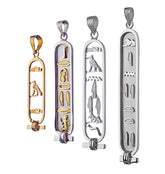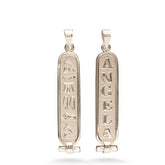Egyptian Expert Explains EID Holidays and Feasts
What are the EID holidays?
The Muslim calendar is based on the cycles of the moon. Each month in this calendar starts with the first sighting of the new moon, so the lengths of each month are either 29 or 30 days, meaning that these months do not correspond to the solar calendar.
The most holy month in the Muslim (Islamic) calendar is called Ramadan.
Starting on the next morning at sunrise after the first sighting of the moon, Muslims do not eat or drink or put anything into their bodies unless is a medical/health need until the sun sets in the evening. This fasting happens every day until the day after the sighting of the next new moon.
When the sun sets, Muslims share Iftar (break-fast) with their families and loved ones in a big celebration of community. The intent is for people to be aware of the abundance in their life, and to connect with those who don’t have the same resources. It is a time of self-reflection, introspection, and generosity.
Since the calendar is lunar, the month of Ramadan will be at different times in our calendar from year to year. With each passing year, the start of Ramadan will be about 11 days earlier, since the lunar calendar is about 2 weeks shorter than the solar calendar. In 2020, Ramadan started on April 23, and in 2021, it will start on April 12. When it falls in summer months when the days are long and the temperatures are high, it is very difficult to manage without water, so the pace of life slows dramatically.
At the end of Ramadan each year, there is a national holiday for 3 days called Eid al Fitr (Festival of the Breaking of the Fast). It is a time for giving money to the needy, and celebrating community, with special prayers asking for forgiveness, mercy, peace and blessings.
Approximately 2 months after the end of Ramadan is the largest, most holy Mus lim holiday called the Eid al Adha (Feast of the Sacrifice). With reference to the story of Ibrahim’s (Abraham’s) willingness to sacrifice his son Ismael in obedience to God’s command and sacrificing a lamb instead, Muslim families will sacrifice sheep, keeping one third of the meat for their family, and distributing two thirds (along with sweets and gifts) to those in need in their communities. This holiday lasts between 3 and 7 days.
lim holiday called the Eid al Adha (Feast of the Sacrifice). With reference to the story of Ibrahim’s (Abraham’s) willingness to sacrifice his son Ismael in obedience to God’s command and sacrificing a lamb instead, Muslim families will sacrifice sheep, keeping one third of the meat for their family, and distributing two thirds (along with sweets and gifts) to those in need in their communities. This holiday lasts between 3 and 7 days.






